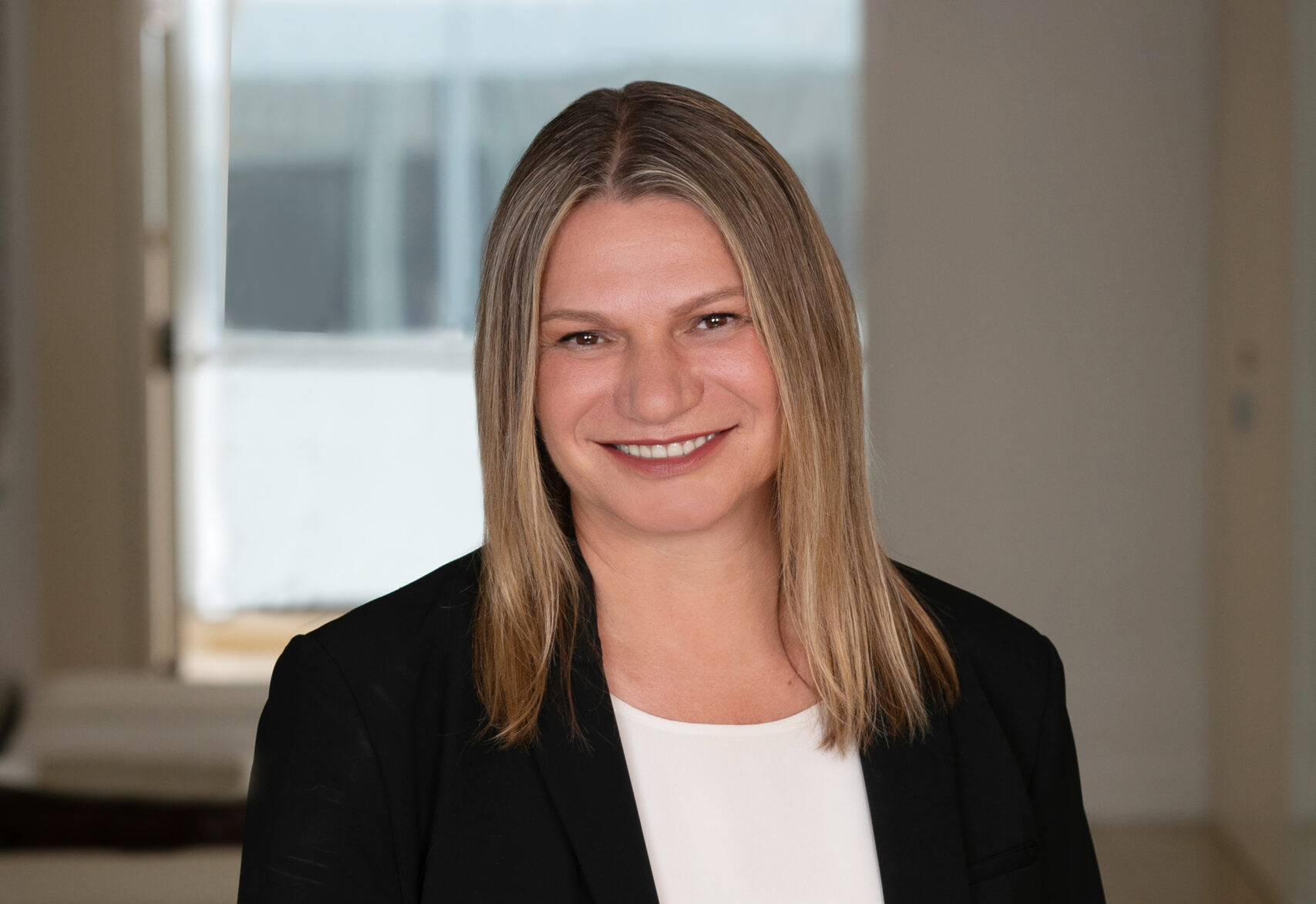On February 4, 2025, Sideman & Bancroft Partner Ellen Leonida served as the moderator for the Federal Bar Association’s Northern District of California panel discussion, “Views from the Bench: What the Judges See and Hear.” The event featured four esteemed federal judges—U.S. District Judges Yvonne Gonzalez Rogers and Haywood Gilliam, along with Magistrate Judges Donna Ryu and Kandis Westmore—who offered candid advice on courtroom best practices and advocacy strategies.
As reported by Law360 in its article, How To Get On A Judge’s Good Side: Calif. Jurists Offer Tips, the panelists emphasized key areas where attorneys can improve their litigation approach, from crafting persuasive briefs to adhering to standing orders. One of the most critical takeaways was the importance of evaluating whether a motion is truly necessary. Judge Gonzalez Rogers cautioned attorneys against filing routine motions that do not advance the case, stating, “A routine motion, just because you can file it, is a waste of our time, and it increases our workload so we can’t get to the really important things.”
Leonida guided the conversation with pointed questions, drawing insightful responses from the judges. When she asked how frustrating it is when attorneys fail to read standing orders, the panelists responded with a unanimous “very,” eliciting laughter from the audience. Judge Gilliam reinforced the significance of this practice, noting that following standing orders creates a positive first impression, while ignoring them can be detrimental to an attorney’s credibility.
Another highlight of the discussion was the judges’ advice on drafting persuasive briefs. Judge Gilliam stressed the importance of starting with a strong summary of the argument, advising attorneys, “We have a lot to do. We have a lot to read. Not having to go treasure hunting to find out what the purpose of the motion is and what the key arguments are, I find to be really helpful.” Judge Gonzalez Rogers also warned against using hyperbole and excessive footnotes, remarking that the word “clear” in a brief often signals that the argument is anything but.
Leonida also steered the conversation toward the role of oral arguments in judicial decision-making. The judges collectively agreed that oral argument is not always guaranteed, making it crucial for attorneys to fully develop their arguments in written submissions. Judge Ryu cautioned attorneys, “Don’t assume you’re going to get oral argument.” Meanwhile, Judge Gonzalez Rogers encouraged lawyers to anticipate and counter their opponent’s best arguments, rather than merely presenting their own case.
The discussion also touched on the use of humor in legal writing, with Judge Gilliam cautioning that such attempts can be risky: “It might land, it might not land.” The panel wrapped up with thoughts on the use of Zoom hearings, where judges expressed mixed views—some acknowledging their benefits for cost savings and accessibility, while others noted that virtual appearances often led to a lack of focus from attorneys.
Read more about the event in Law360’s coverage here.
—
Ellen Leonida is a highly experienced trial lawyer specializing in white collar criminal defense, investigations, and complex commercial litigation. With over 20 years of litigation experience, she has first chaired more than 80 jury trials in state and federal courts. She represents individuals and corporations in criminal matters, including trade secret theft, bribery, money laundering, and fraud, as well as civil disputes involving breach of contract, trade secret misappropriation, and unfair business practices. A nationally recognized forensics expert, Ellen has lectured on DNA, digital forensics, and trial skills.





